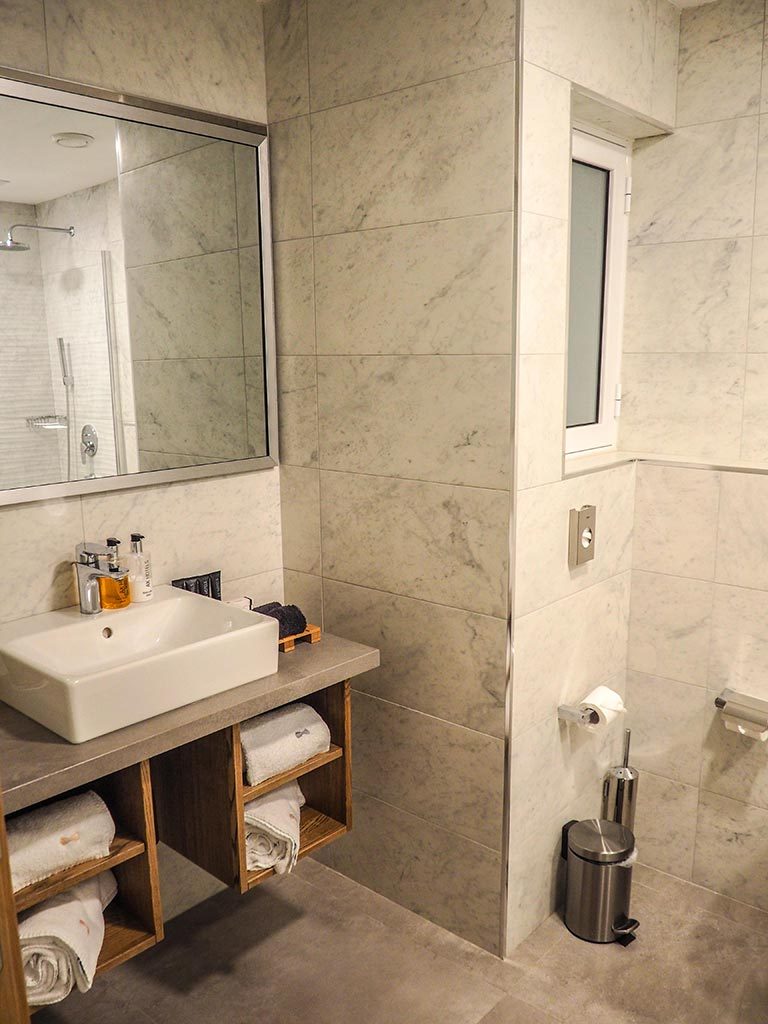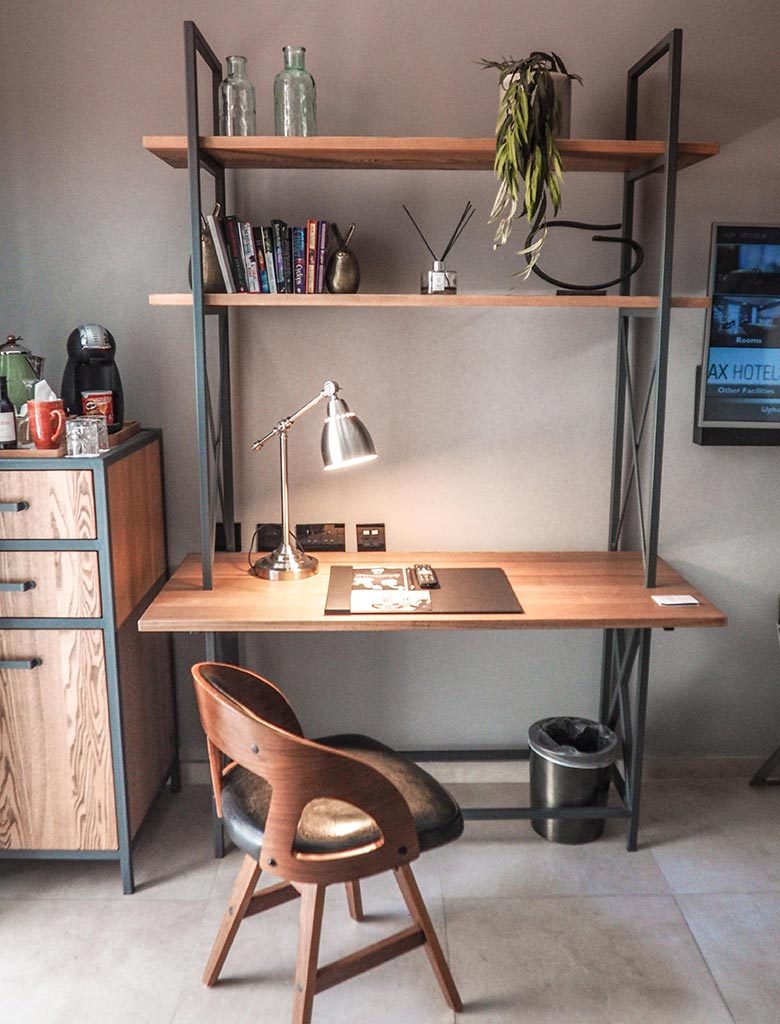Hotel Wi-Fi is convenient, but it comes with risks. Unsecured or poorly secured networks are vulnerable to data interception from man-in-the-middle attacks and malware infection from cyber criminals.
If you travel frequently and rely on hotel Wi-Fi, check out our guide to protecting your devices and information below.



Use a VPN
VPNs, virtual private networks, are encrypted connections between your device and internet servers. They create a private, secure tunnel through which your internet traffic can be routed and mask your real IP address. Your data is encrypted, making it unreadable to prying eyes using the hotel’s Wi-Fi.
With an encrypted connection, your login details and online activity are harder for hackers to access. VPNs can bypass geo-restrictions imposed by websites, including news outlets and streaming services, by creating the impression that you’re browsing from your home country to access content blocked in your destination. VPN Chrome extensions will help protect your data while traveling in a few simple clicks.


Avoid Sensitive Transactions
Public hotel Wi-Fi connections are vulnerable to hacking, making them unsuitable for online banking and shopping activities. Your login details will be transmitted over the network in plain text, potentially leading to account compromise or identity theft.
You may be connected to a fake hotspot that mimics the legitimate hotel Wi-Fi. Cybercriminals often create fake connections to trick unsuspecting guests before stealing their credit card details. If you have to pay for something online while staying at your hotel, do it while using a VPN, or disconnect from the Wi-Fi and use your encrypted mobile data.


Disable Sharing and Auto-Connect Features
Before you arrive at your hotel, turn off file sharing and disable automatic connection to available networks on your devices. While convenient with trusted connections at home or work, they can connect you to insecure or rogue networks. Manually select the hotel’s network and double-check that it’s the right one.
Use the same approach with your Bluetooth connection. Hackers can use open Bluetooth signals to gain entry into your device, so keep it turned off on your phone and laptop while at the hotel. You can also turn off file sharing, like AirDrop, by selecting privacy options that don’t allow you to be discovered by others.



Keep Your Devices Updated
While they may be tempting to put off, device and software updates are essential. They patch security vulnerabilities, making your data less susceptible to attacks and improving your devices’ performance.
Cybercriminals can exploit outdated software to infect your laptop with viruses like ransomware designed to scare you into making costly decisions. By downloading the latest patch as soon as it comes out, your device will be stronger when connected to public Wi-Fi, including hotel connections. Enable auto-update on all your devices to get the latest patch’s benefits and ensure compatibility with new hardware and software.




